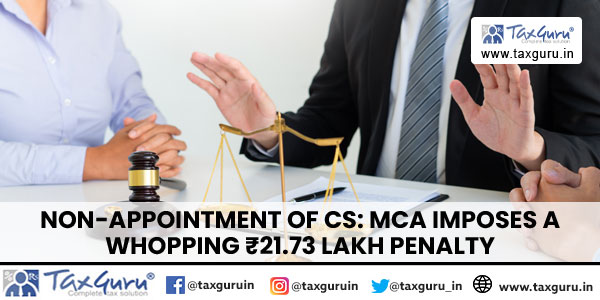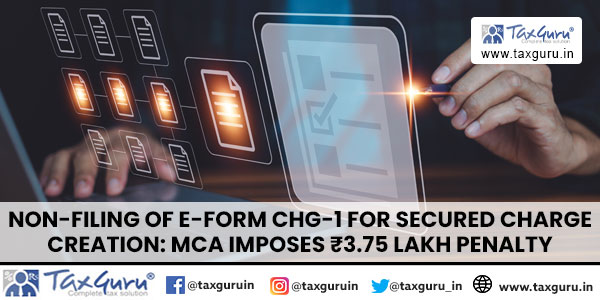Many of the students in any stage or course are of pre-determined opinion that they cannot score the marks equally in theory papers with practical papers involving solving the problems. It is a wrong notion. There are incidents of qualifying the CA exam by scoring good marks in theory papers with below average score in practical papers by many students. In fact, we need more time to answer all the questions of practical paper than theoretical paper. All this is possible by thorough study, grip in the subject and finally with writing-practice as a part of preparation. Following tips will be definitely helpful in scoring very good marks in theory papers too.
1. Prepare thoroughly:
- Thorough preparation and in-depth study of subject is very important.
- After understanding the subject or topic, next step is to memorize the side headings of the topic and revise only these side headings and try to recollect the content of these headings without looking at the book. Once you recollect these side headings alongwith its content, write down again in brief. Now, you will be surprised to notice that you need not look at that topic once again. For better memory of these side headings, you may arrange them in any order which you can remember easily by framing a sentence/phrase by combining the first letter of each side heading.
- Write the meaning of the words which you do not know in the margin of the study materials supplied by ICAI. Please remember this is Bhagavadgeeta. Form day one to the date of exam, you read this study material provided by ICAI without going to any other materials for theory papers. Success will be waiting for you!
2. Steps after thorough preparation of the subject:
- Prepare your own notes which should not exceed half of the study material. This will reveal your level of understanding of the subject.
- Jot down side headings for any topic, only side headings. If you get any doubt then only you should refer the study material.
- Break the lengthy paragraphs or wherever there are no point-wise discussion in study material, into your own points/side-headings. Then it will be easy to remember what you read.
- Practice, practice, practice of writing several times is the mantra of success in theory papers. This will definitely help you to increase the speed of writing, flow of answer and timely completion of whole paper. You yourself can come to the conclusion of speed in writing only when you start answering a question, your thoughts should overtake your speed of writing which means your speed of writing should be able to support the speed of thought process from your mind.
- In such a situation, you will have to note down the points (side headings) in rough work sheet of answer paper before you start writing the answer. In such case, you will never miss out any point.
- Cultivate the habit of revision-in-revision i.e., for example you have completed one chapter/topic thoroughly as said above and started studying next chapter/topic. Assuming second chapter is also prepared as said above. Now, before you start studying the third topic/chapter:-
- Take a paper and write down the side-headings/main points without looking at the book for the first two chapters.
- Make self-evaluation whether you could recollect entire content of these first two chapters or not. If you struck, in this process anywhere, then you need to pay attention to that area of topic.
- Like this, before starting every new chapter/topic, do this exercise. You will be surprised to know that how much confidence has already built-in in yourself and I challenge that you will complete answering all the required questions within the three hours’ time and even well before.
- In law papers, jot down the section and rule nos., case laws and gist of order/judgement by topic/chapter-wise separately for the purpose of revising while doing revision of relevant chapter/topic.
- Use bright blue ink while answering because of contrast colour when compared with the broad black colour lines provided in answer books. Your answer will be visible and can be read easily without any much strain to the examiner.
- Please do put X mark on top sheet of answer books against each question answered.
3. Use of diagrams:
- Yes, you can use. In fact, diagrams are more effective communication rather than lengthy answers.
- It saves your time and chances of getting good score cannot be ruled out.
4. Use of technical terms:
- It is very important to use technical terms. For example in GST, instead of using sales you must use “outward supply”, similarly for purchases, “inward supply”.
- In answering any case law based question, do not give your decision in the beginning itself. Because, you may be wrong in your decision but discussion and relevant case laws may be appropriate. But examiner may get a wrong impression once he read this. Hence, first write the given facts in brief under the heading “Facts of the case”, then in second paragraph write your discussion under the head “Discussion”, in third paragraph write support case laws for your discussion under the head “Case law” and in final paragraph conclude your decision under “Decision” head.
5. Do not repeat the question in your answer. Examiner is already aware of the question.
6. Come out of thinking of writing number of pages. Scoring never depends upon the weight of the answer book(s). If your answers are crisp, point to question and assertive, I personally opine that the first booklet itself is more than sufficient to complete the required questions.
7. Finally, do not leave the hall till you are pressed hard to handover the answer book. Till then, keep the pen open and answer book ready to write the last-minute points which may strike to you.
All the best dear students.
(The author is a practicing Chartered Accountant and can be reached at cvsuryam@suryamandco.in)



























